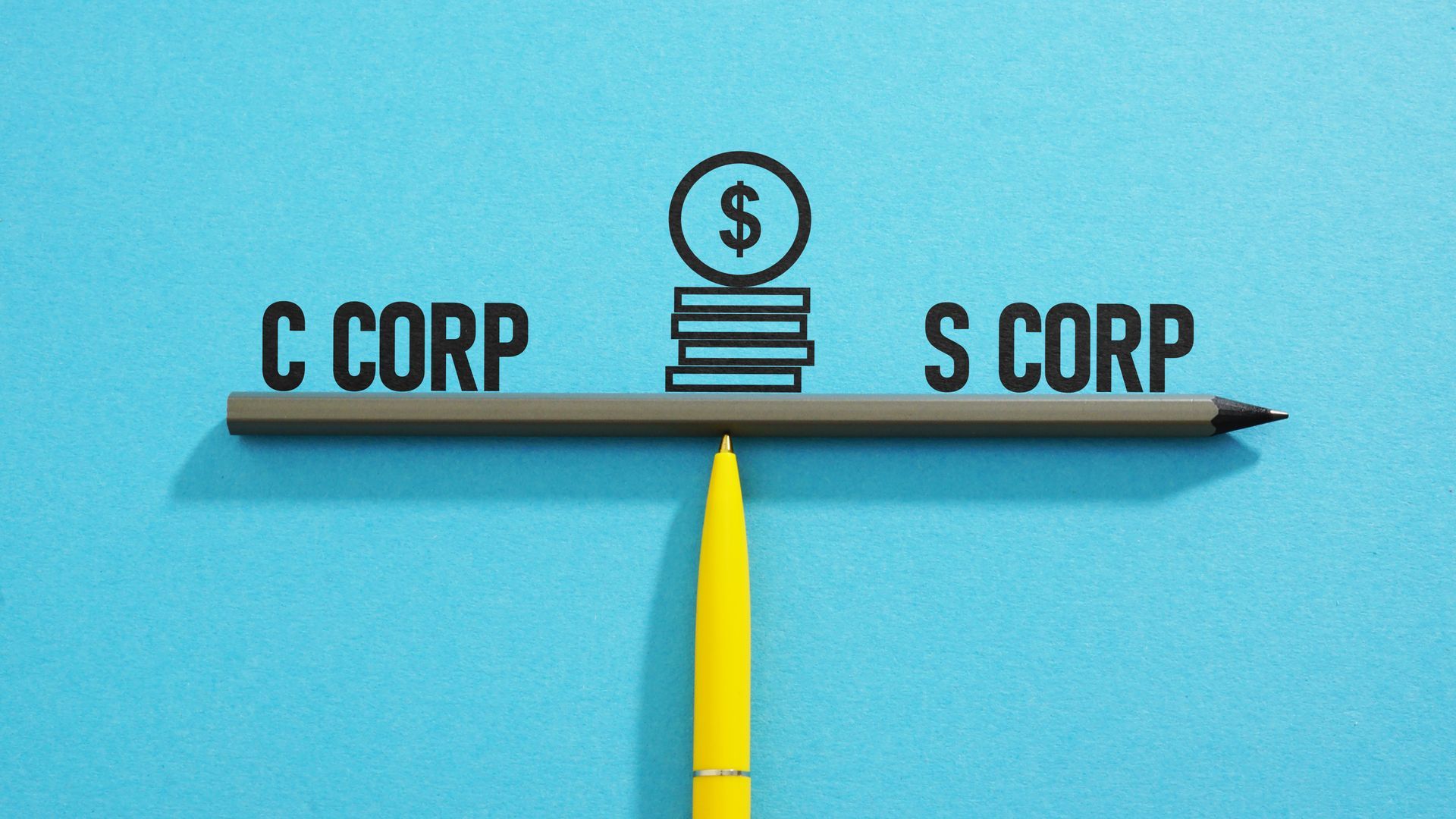The Tax Implications of Selling a Business in Arizona

Selling a business is often the culmination of years of dedication, risk-taking and growth. For Arizona entrepreneurs, the decision to exit is both exciting and daunting. Beyond finding the right buyer and negotiating a fair price, one of the most important aspects of the transaction is understanding the tax implications. The way a sale is structured, whether as an asset sale or a stock sale, can significantly affect the seller’s tax bill. Careful planning in advance can also help minimize taxes and make the transition smoother.
Capital Gains Taxes in Arizona
One of the most immediate tax considerations when selling a business is capital gains tax. When you sell a business for more than your adjusted basis (the original investment plus improvements, minus depreciation), the gain is taxable.
- Federal capital gains tax: For most small business owners, the gain is treated as long-term capital gain if the business has been owned for more than a year. Federal rates currently range from 0% to 20%, depending on your income level.
- Arizona state tax: Arizona does not have a separate capital gains tax rate. Instead, capital gains are taxed as ordinary income at the state level. This means your gain will be included in your Arizona taxable income, with rates ranging from about 2.5%.
- Long-term capital gains subtraction: For 2025, AZ still allows a 25% subtraction of net long-term capital gains only for assets acquired after 12/31/2011 (effective state rate 1.875% on that portion). A law to expand this to all LT gains starts tax year 2026.
Because both state and federal taxes apply, the combined bill can be substantial. Entrepreneurs often underestimate this portion of the sale, only to find that their net proceeds are far lower than anticipated.
Early planning, including timing the sale in a lower-income year or spreading payments through an installment sale, can reduce the bite.
Asset Sale vs. Stock Sale: What’s the Difference?
Another key tax factor is whether the deal is structured as an asset sale or a stock (equity) sale. Each method carries different implications for both the seller and buyer.
Asset Sale
In an asset sale, the buyer purchases the business’s individual assets, such as equipment, inventory, intellectual property and goodwill, rather than the entire corporate entity.
- Tax treatment for sellers:
- Gains on tangible assets like equipment may be taxed as ordinary income due to depreciation recapture.
- Gains from intangible assets, such as goodwill, are often taxed at capital gains rates.
- This mix of ordinary income and capital gains can result in a higher tax bill for the seller compared to a stock sale.
- Why buyers prefer it:
- Buyers benefit because they can “step up” the basis of the assets, leading to higher depreciation deductions in the future.
Stock Sale
In a stock sale, the buyer acquires the ownership shares of the company itself. The entity remains intact, including its assets, liabilities and contracts.
- Tax treatment for sellers:
- Sellers usually prefer stock sales because the entire gain is taxed as a capital gain, generally at lower rates than ordinary income.
- Stock sales also tend to be simpler, since the entity remains unchanged.
- Why some buyers may resist a stock sale:
- Buyers inherit all of the company’s liabilities, known and unknown. This can make stock sales less attractive unless indemnifications or warranties are negotiated.
Because buyers and sellers often have opposing preferences, the structure becomes a critical negotiation point. Skilled advisors can help bridge the gap and explore hybrid arrangements, such as partial asset allocations to balance tax outcomes.
Transition Planning to Reduce Taxes
Maximizing tax efficiency requires planning well before a sale. Here are a few strategies Arizona entrepreneurs can consider:
- Entity Structure Review
The tax impact of a sale depends heavily on whether your business is organized as a sole proprietorship, partnership, S-corporation or C-corporation. For example, S-corps may allow for pass-through taxation on gains, while C-corps could expose you to double taxation if the sale is structured improperly. - Installment Sales
By spreading the sale proceeds over several years, you may stay in a lower tax bracket, easing the immediate tax burden. This approach also helps with cash-flow planning, though it does introduce the risk that the buyer may default. - Retirement Planning
Rolling some of the proceeds into retirement accounts or using tax-advantaged strategies can help offset capital gains. Coordinating with a financial advisor ensures you maximize these opportunities while adhering to state and federal tax laws. - Gifting or Estate Planning
Business owners nearing retirement often use the sale as part of a broader estate plan. Gifting shares to family members before the sale or establishing trusts can help reduce estate taxes and transfer wealth efficiently. - Timing the Sale
Consider aligning the transaction with years of lower taxable income. For instance, selling after a year of reduced business operations or during retirement may lower your overall tax rate.
Why Local Guidance Matters
Every business and every deal is unique. Local Arizona entrepreneurs face a combination of federal rules and state-specific considerations that can be confusing to navigate. Partnering with a knowledgeable accountant who understands the nuances of Arizona tax law can prevent costly mistakes and open the door to strategies that maximize your net proceeds.
Talk to Our Experts Today to Help With Your Business Tax Services
At H&H Accounting Services, we can help Arizona business owners plan every stage of their exit, from structuring the deal to minimizing taxes and ensuring a smooth transition. If you’re considering selling your business in Phoenix, our business consultants can walk you through your options and build a strategy that protects your hard-earned success.
Call H&H Accounting Services now at (480) 561-5805 to schedule a consultation.



